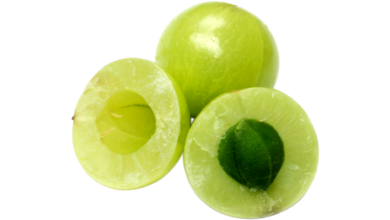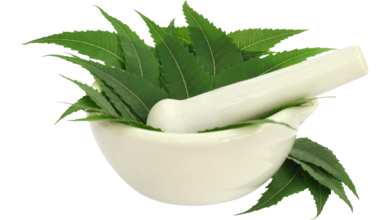Shatavari: Believed to nourish the reproductive system and balance hormones.

Brief information about it:
Shatavari, also known as Asparagus racemosus, is an Ayurvedic herb with a long history of use in traditional Indian medicine. It’s often referred to as the “Queen of Herbs.”
Uses:
· Female Reproductive Health: Supports hormonal balance, improves fertility, and relieves menstrual cramps.
· Digestive Health: Promotes healthy digestion and relieves constipation.
· Stress and Anxiety: Helps reduce stress and anxiety.
· Skin Health: Improves skin health and reduces inflammation.
· Lactation: May increase milk production in breastfeeding mothers.
Mechanism of action:
The exact mechanism of action isn’t fully understood, but it’s believed to involve multiple pathways, including:
- Hormonal Regulation: Helps balance hormones, particularly in women.
- Anti-inflammatory Properties: Reduces inflammation in the body.
- Antioxidant Properties: Protects cells from damage caused by free radicals.
Elimination half life:
The elimination half-life of Shatavari hasn’t been specifically studied.
Route of Administration:
Oral: Shatavari is typically consumed orally in the form of powders, capsules, or herbal teas.
Side effects:
Generally well-tolerated, but some people may experience mild side effects, such as:
- Upset stomach
- Diarrhea
- Allergic reactions
Dose:
The appropriate dosage can vary depending on individual needs and the specific product. It’s best to consult with an Ayurvedic practitioner or healthcare provider to determine the right dosage for you.
Precautions:
· Pregnancy and Breastfeeding: Pregnant or breastfeeding women should consult with a healthcare provider before using Shatavari.
· Hormonal Conditions: Individuals with hormone-sensitive conditions should use Shatavari with caution and under medical supervision.
· Autoimmune Disorders: People with autoimmune disorders should consult with a healthcare provider before using Shatavari.





